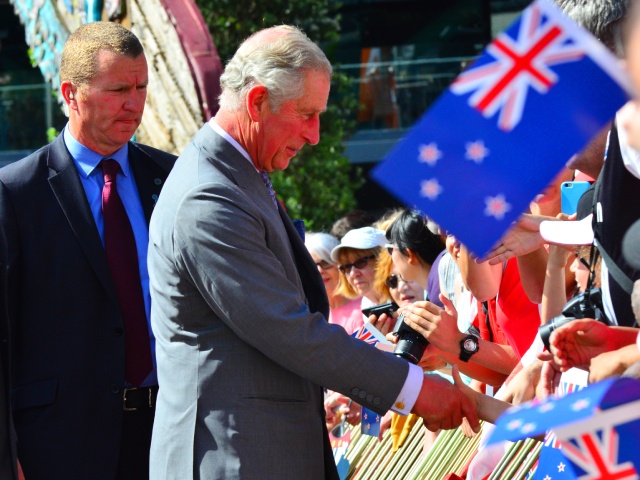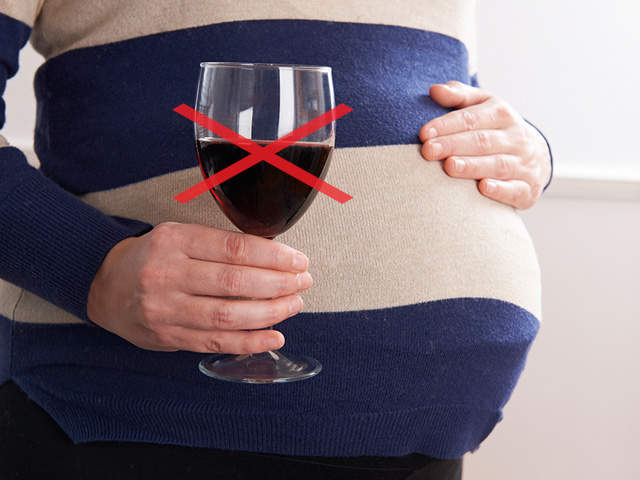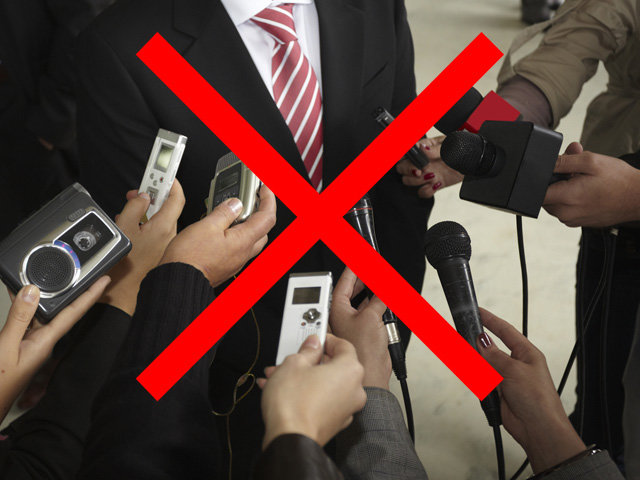Be to (B1)
Future (352)
Vyjádření budoucnosti
Be to – procvičování:
Na budoucí čas máme také lekce:
You are to pick up Miss Brown from the airport tomorrow. She will land at 5 pm.
| Instrukce: |
| You are to pick up... |
| You will pick up... |


Vazba BE TO + infinitiv patří mezi méně časté způsoby vyjádření budoucnosti. Používá se hlavně v psané formální angličtině:
|
The CEO of the company is to visit the headquarters today.
|
Dnes má sídlo společnosti navštívit její generální ředitel. |
|
The wedding is to take place in California.
|
Svatba se bude konat v Kalifornii. |




BE TO používáme především v následujících případech:
- Oficiální plány:
The President is to fly to Europe on 10 June.
- Příkazy a instrukce:
You are to take the exam next Friday.
- Zákazy:
You are not to use a dictionary during the exam.








Oficiální plány
|
Construction of the library is to begin this summer.
|
Výstavba knihovny začne letos v létě. |
|
The directors are to discuss everything later today.
|
Ředitelé vše projednají ještě dnes. |
|
James Mitchel is to return to court in May.
|
James Mitchel se v květnu vrátí před soud. |
The award ceremony is to be held this year at the museum of contemporary art.
| It is to being be held... |


The article reads that the Prime Minister is to step down this week.
| Oficiální plány: |
|
He is to step down.
|


Příkazy a instrukce
|
The passengers are to remain seated.
|
Pasažéři musí zůstat sedět. |
|
Visitors are to wear helmets.
|
Návštěvníci musí mít helmu. |
|
All employees are to pass a background check.
|
Všichni zaměstnanci musí projít prověrkou. |
The medicine is to be taken with a sufficient amount of water.
| Instrukce: |
| It is to be taken... |


Remember, you are to check out by 11 am.
| You are to check out... |
| You must check out... |


Zákazy
|
The guests are not to smoke here.
|
Hosté zde nesmí kouřit. |
|
The results are not to be made public.
|
Výsledky nesmí být zveřejněny. |
|
These weapons are never to be used.
|
Tyto zbraně se nikdy nesmí použít. |
My children are not to eat anything with peanuts. They are severely allergic to them.
| Zákaz: |
| They are not to eat... |


Please remind Roger that he is not to talk to the press.
| He is not to talk... |
| He mustn't talk... |
| He may not talk... |


BE TO používáme podobně jako SHOULD ve významu, že se něco má nebo musí stát, a to hlavně v otázkách nebo kondicionálech:
|
What are we to make of that?
|
Co si o tom máme myslet? |
|
If she is to stay fit, she must eat healthy.
|
Jestli má zůstat fit, musí jíst zdravě. |
And what am I to do with a baby now?
|
What am I to do with him?
|
|
What should I do with him?
|
|
What am I supposed to do with him?
|


If we are to catch the plane, we must leave immediately.
| If we are to catch it, we must... |
| If we want to catch it, we must... |


BE TO můžeme také použít, pokud mluvíme o minulosti. Porovnejte:
|
Mr Cruise is to arrive at noon.
|
Pan Cruise má přiletět v poledne. |
|
Mr Cruise was to arrive at noon, but his plane was delayed.
|
Pan Cruise měl přiletět v poledne, ale jeho letadlo mělo zpoždění. |
We were to have lunch with Amanda. Unfortunately, she had to cancel the meeting.
| Minulost: |
We were to have lunch.
|
| Budoucnost: |
We are to have lunch.
|


Be to – shrnutí a tip na závěr:
- BE TO + infinitiv (She is to fly, you are not to leave...) používáme k vyjádření budoucnosti, především ve formální psané angličtině.
- BE TO → oficiální plány, příkazy a instrukce, zákazy
- Doporučujeme si procvičit BE TO v našich cvičeních.
